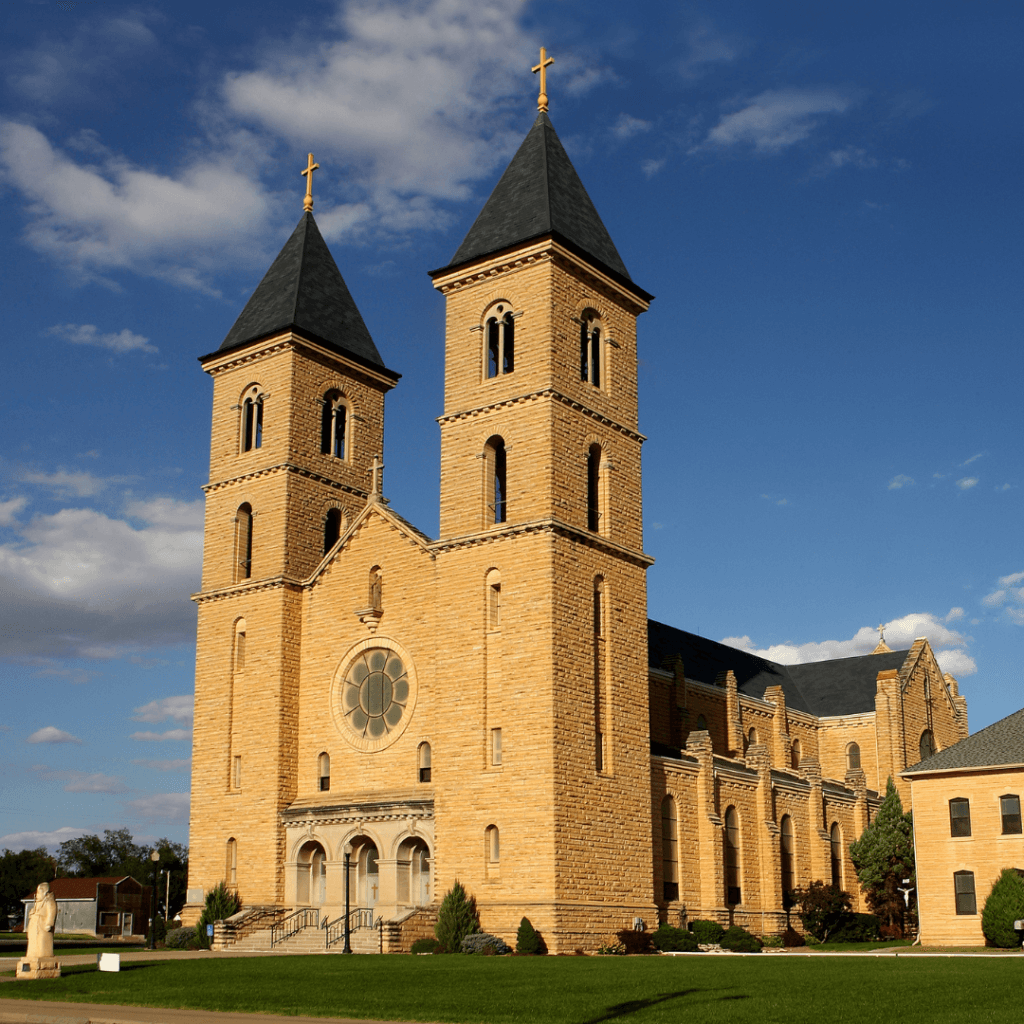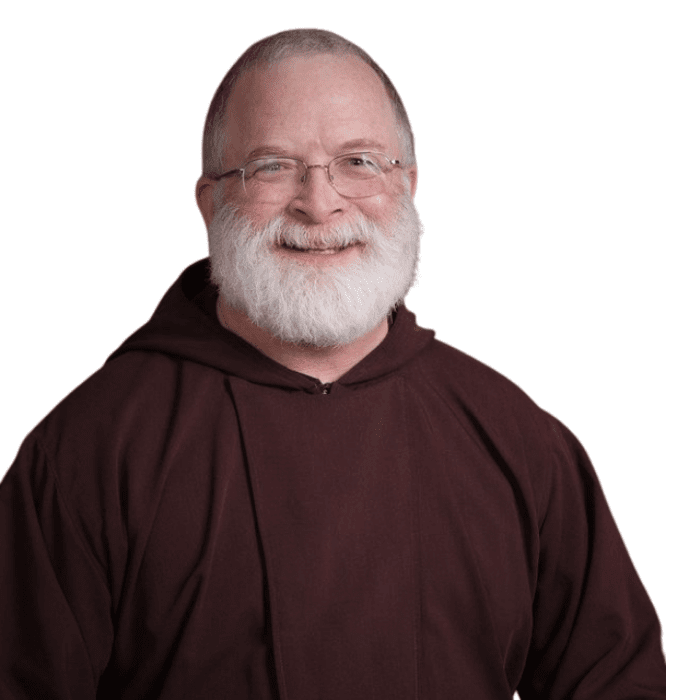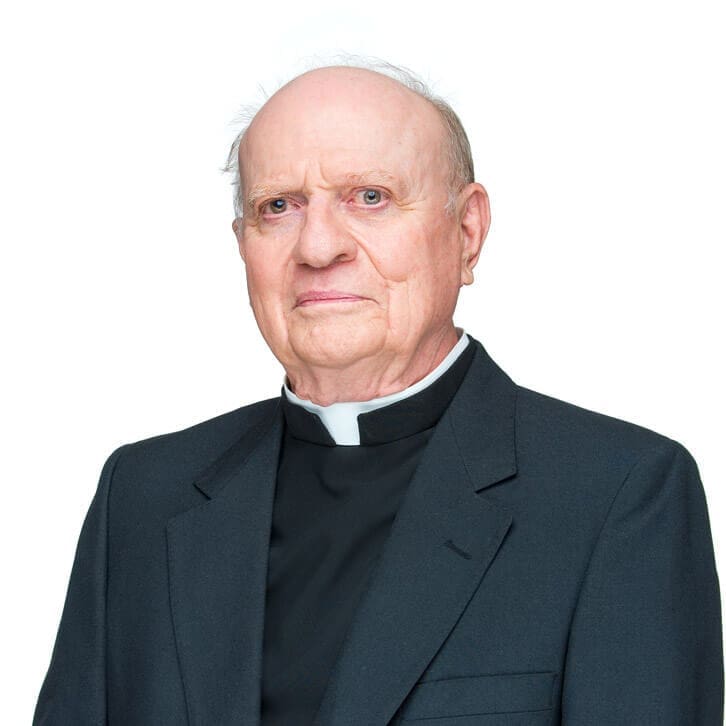Founded 1876
One of the most well-known churches in the diocese, and perhaps in the state, had its origins as a humble wooden structure attached to an early settler’s house.
Victory was founded in 1873 by a wealthy Scotsman, George Grant, who brought about three dozen people with him from England to raise Aberdeen Angus cattle. After Grant’s death in 1878, the colony dwindled, and most returned to England.
In the meantime, German Catholic emigres from the Volga River region of Russia began arriving in 1876. Their ancestors had left Germany at the invitation of the Russian empress, Catherine the Great, to settle the Volga area. They were promised autonomy, religious freedom and exemption from military service. A century later, when those guarantees were revoked, the Germans began searching for new land in America. Hundreds chose to come to Kansas, and many settled north of Victoria in a village they named Herzog.
Their first church was a 40- by 20-foot frame addition built onto a settler’s home, but even that could accommodate only part of the congregation.
An English settler offered to help and raised $700 to build a stone church. Parishioners quarried and hauled the stone for the new church, which was completed in 1878.
That same year, Leavenworth Bishop Louis Fink asked the German-speaking Capuchin Franciscans of Pennsylvania to send priests to serve the area’s German communities. The Capuchins have served the Victoria parish since. In 1879, the Capuchins asked the Sisters of St. Agnes of Fond du Lac, Wis., to send teachers.
In just a few years, the parish’s new stone church proved too small, and the Kansas Pacific Railway donated 10 acres for a larger church and school. The new church held 600 and was completed in 1884.
By the turn of the century, even that larger church had proved too small, and plans were announced in 1904 that an imposing new structure would be built.
Each communicant 12 years of age or older would be assessed $45 annually and asked to deliver six wagons of stone to the building site. Many large families were responsible for 70 to 80 wagon loads of stone. The limestone was quarried about seven miles south of town. Parishioners also learned to dress the stone.
The old church was dismantled and the stone set aside for use on the new inner walls.
The resulting Romanesque structure towers above the town. The church is 220 feet long, 110 feet wide at the transepts and 75 feet tall and seats 1,100. The twin towers rise 141 feet. At the time of its dedication in 1911, it was called the largest church in the state.
Altogether, about 125,000 cubic feet of rock was quarried. The project also used 150,000 board feet of lumber, 4,000 cubic yards of sand and more than 400 tons of cement.
Fourteen solid granite pillars, each weighing 8,500 pounds, were transported to the site from railroad cars using a wagon placed on the reinforced axles of a threshing machine. Four horses pulled the wagon to the church, and horse-powered block and tackle and hand winches were used to erect them in place.
Stained-glass windows made in Munich were installed in 1916, and stations of the cross were imported from Austria.
The building was placed on the National Register of Historic Places.
The Capuchins built a large friary in 1902 which also housed its school of philosophy. In 1948 it was converted to a high school seminary, which operated until 1970, when it was consolidated with St. Joseph’s Military Academy in Hays and renamed Thomas More Prep. In 1996, the Capuchins announced a $1 million capital campaign to renovate the friary, and the building today serves as the Capuchin Center for Spiritual Life.
The former Sisters of St. Agnes Convent was remodeled in 1991 as a parish activity center.
St. Fidelis is easily seen from nearby Interstate Highway 70 and draws more than 16,000 visitors a year. It often is called the Cathedral of the Plains, a phrase coined by William Jennings Bryan, a Democratic presidential candidate who visited in 1912.
In 2008, the church was named one of the Eight Wonders of Kansas.




